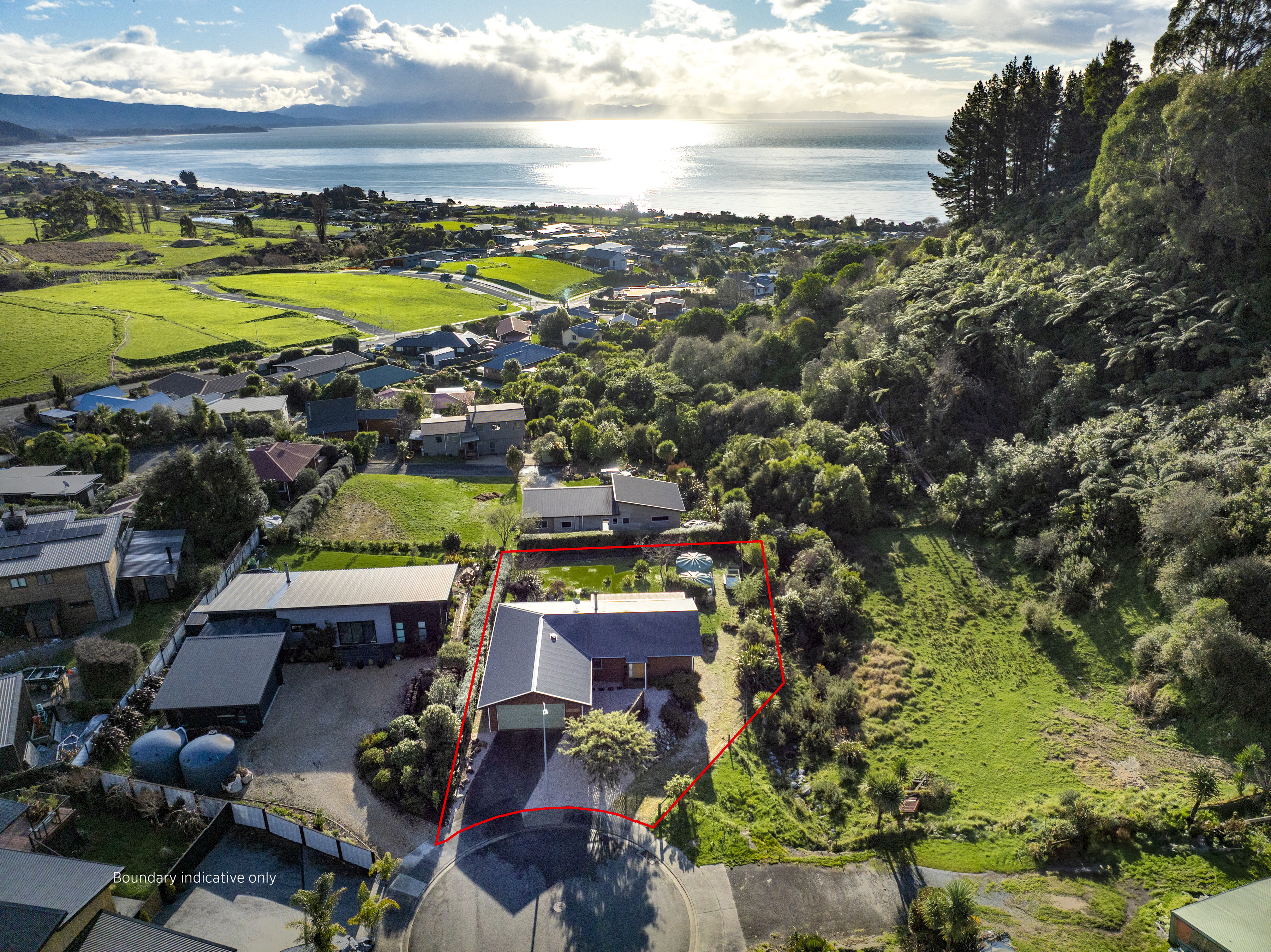Debt is an alluring siren, calling you to give in to instant gratification of having something now.
But just like the sirens of the legends, that enticing song is luring you into treacherous waters, where you can drown or be smashed against jagged rocks.
When you buy something with debt you’re paying more for it, because of the fees and interest it costs.
Scroll down to listen to the podcast
Start your property search
If I can buy the same thing for $20, or for $40, why on earth would I buy the $40 version?
Well, because most companies will try to soften the impact of that nasty debt, by making it hard to understand how much it’s actually costing you.
All debt is costing you extra, but the good news is you can make a big impact even paying off only a little bit more than the minimum.
Any time you pay off extra on debt, you also wipe out all of the interest it would have cost you over the coming weeks, months, or years.
Suddenly $100 now have the impact of $200 over several years, which is the type of buying power I like to see.
And while “just pay off more debt” is obvious, there are also strategies to help you with that.
First up, the debt avalanche. You pay the minimum on everything, but you target all of your extra money on the debt that has the highest interest rate.
Knocking out the most expensive debts first gives you more bang for your buck.
If you were a robot this would be the only way to tackle debt, as it will save you the most money.
However, some of us need a bit of help and motivation, particularly when it comes to struggling out from under the weight of debt.
That’s where the debt snowball comes in. Again, you pay off the minimum on everything, but all of your extra money goes onto the smallest debt. Once that’s paid off, the next smallest, then the next.
A quick win can do wonders for keeping you on track, and making sure you stick with it.
The debt-free community are using these types of strategies with great success.
They’ve banded together in a backlash to our consumerist society, deciding they’ve had enough of handing over all their money to big corporations, for stuff they don’t really need or want.
Bradie Claydon is one of them, and came on the Cooking the Books podcast recently to talk about how she paid off $566,000 of debt in three years.
She and her husband had been on an interest-only mortgage, and living a lifestyle on credit cards that they simply couldn’t afford.
But they sold their investment property, sold a car, took on side jobs, lived so frugally that they actually lost some friends, and did everything they could to pay off that debt.
Not everyone has an investment property to sell, sure. But it’s still a hard decision to realise that investment isn’t working for you, and needs to go.
No matter how big or small the debt, how big or small the salaries, escaping the debt trap requires work and a mindset change.
How much is it worth it to you to be free?
Listen to the podcast below
Listen to other episodes in the series:
Episode 1: Buy v rent
Episode 2: Saving for a deposit
Episode 3: Negotiating a mortgage
Episode 4: The power of location
Episode 5: How to crush the mortgage
- Frances Cook is the host of the personal finance podcast Cooking the Books. She is not a financial adviser, and all information is general in nature. For individual advice, see a financial adviser. Listen to her podcast on OneRoof.co.nz












































































